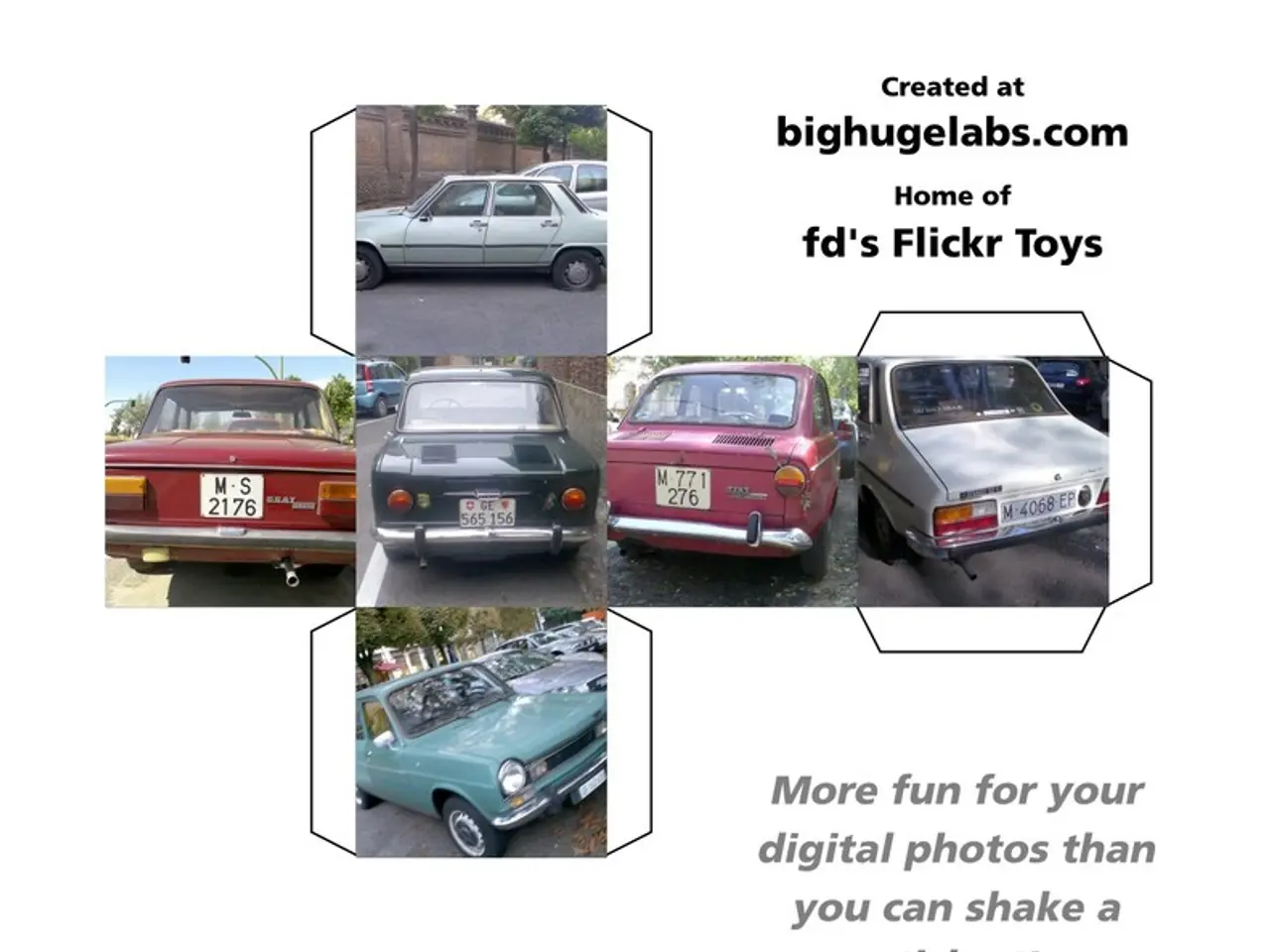German Auto Industry at Crossroads: Lagging in Electromobility, Facing Job Losses
The German automotive industry faces a critical juncture, lagging in electromobility and risking market share to competitors like Tesla and Chinese providers. Chancellor Friedrich Merz has pledged support, calling for 'technology openness' and less EU bureaucracy, as employment in the internal combustion engine sector has decreased by around 11% since 2021.
The industry grapples with a global sales crisis, loss of market share to Chinese competitors, and the EU's 2035 combustion engine ban. Despite the challenges, German automakers are investing heavily in electromobility. Volkswagen is accelerating the transition of its plants, BMW is introducing new electric models and batteries, and Porsche is developing wireless charging systems and new electric models. However, the transition puts 3.2 million jobs at risk, with 36 regions, including Salzgitter and Saarpfalz district, particularly threatened. Experts predict 'years of truth' ahead, with intense competition and potential mass job losses if the structural change fails. Some regions like Heilbronn and Stuttgart may benefit, but others face significant challenges.
The German automotive industry's future depends on successful navigation of the electromobility transition. With significant job stakes and regional disparities, the coming years will test the industry's resilience and adaptability.
Read also:
- Executive from significant German automobile corporation advocates for a truthful assessment of transition toward electric vehicles
- Financial Aid Initiatives for Ukraine Through ERA Loans
- Turkey's vibrant youth are grappling with capability-building within their sector
- Nordic Air Defense Secures Three Million Dollars in Funding







